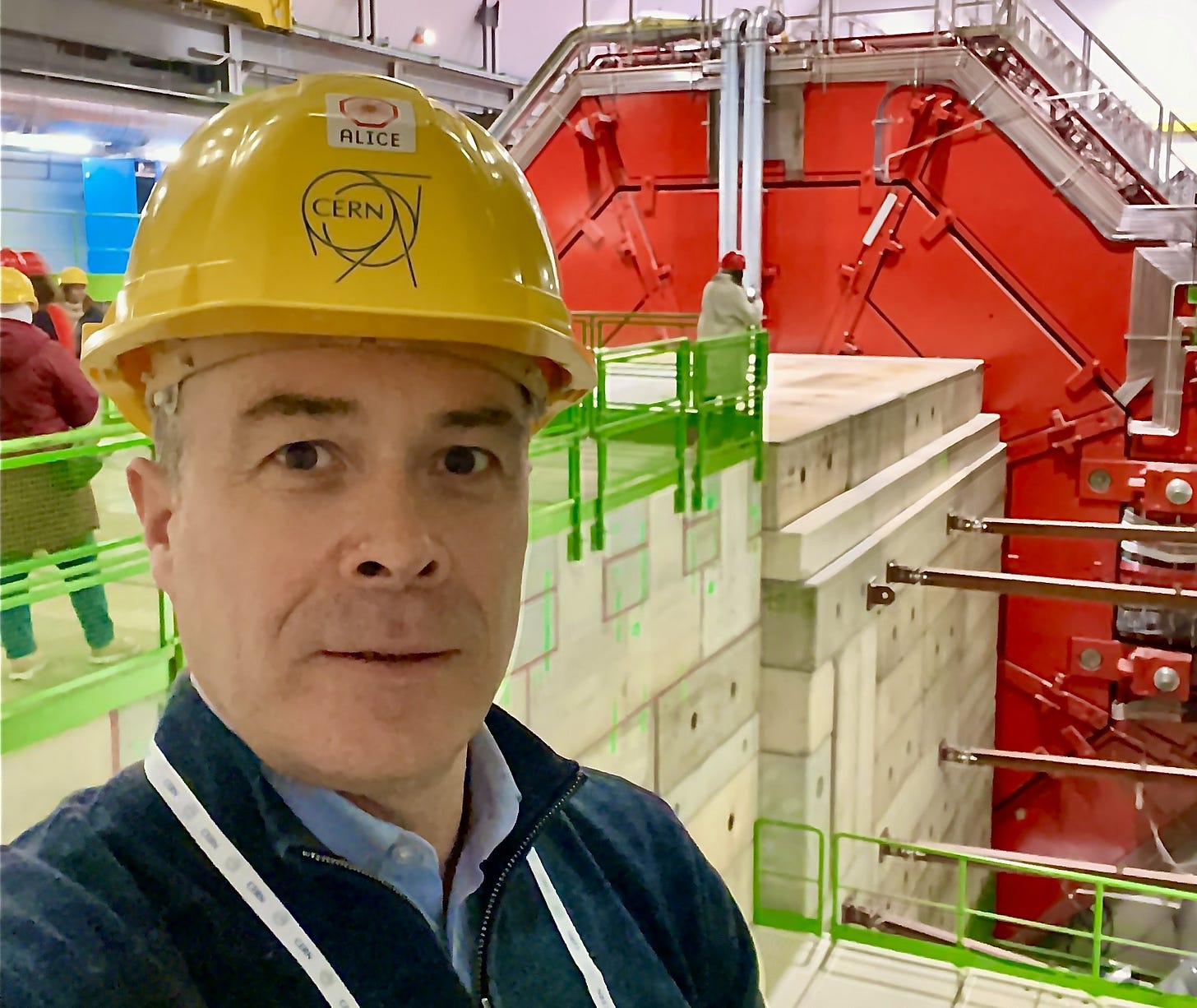Advancing Global Peace Through Scientific Collaboration
As Ireland joins CERN (the European Organization for Nuclear Research), the international community stands to gain not only a capable scientific partner, but a nation deeply committed to peacebuilding through scientific cooperation.
CERN was founded after the Second World War to serve as a platform where nations could collaborate peacefully in the pursuit of scientific knowledge. Ireland, with its strong legacy of conflict resolution and diplomacy, is uniquely positioned to advance that mission.
Drawing on its own history of fostering peace on the island of Ireland—through dialogue and the problem-solving of shared challenges—Ireland brings a proven model for transforming divisions into collaboration. This experience, when applied within CERN’s multinational framework, will help fortify CERN as a space where political tensions are set aside in favour of shared goals.
By championing science as a diplomatic bridge, we help ensure discovery serves humanity and unity.
In my experience working as a Minister on the British-Irish Council and the North-South Ministerial Council, I have witnessed how science can serve as a non-political platform to foster relationships, even in the most challenging circumstances. Through collaborative scientific initiatives, we have demonstrated that shared problem-solving can help build trust and create solutions that transcend political divides. By offering this model to the CERN community, Ireland contributes to CERN’s wider role as a diplomatic bridge—one where science leads and peace follows.
I have also observed this mission of CERN as a diplomatic bridge; as the then Co-Chair of the global Inter-Parliamentary Union Science for Peace Schools, I was honoured to launch its inaugural school with CERN in 2022. This initiative leverages science as a neutral, universal language to transcend political and cultural divides, transforming shared challenges into opportunities for coexistence through evidence-informed approaches. The Science for Peace Schools provide a model of dialogue that addresses critical issues such as water scarcity in conflict-prone regions, including the Middle East and Africa’s Sahel. By employing scientific methods and fostering cross-sector partnerships, the programme demonstrates how evidence-informed policymaking can mitigate resource-driven tensions, inspire cooperation, and promote equitable solutions.
Today, as multilateralism is under pressure, Ireland remains a steadfast advocate for cooperation. Its voice within CERN will be one that champions global equity in science, access to research opportunities, and the ethical application of discovery. This will help sustain CERN as a sanctuary for scientific cooperation in an increasingly divided world—proving that collaboration, not competition, is the true engine of progress.
In an age that demands both innovation and empathy, Ireland’s presence at CERN will ensure that science continues to serve humanity—not just in discovery, but in diplomacy.




